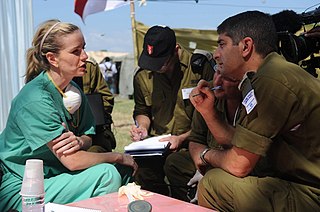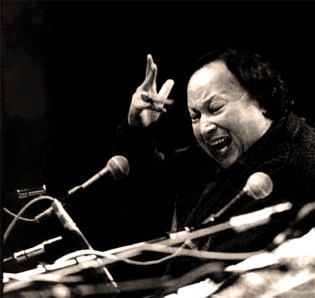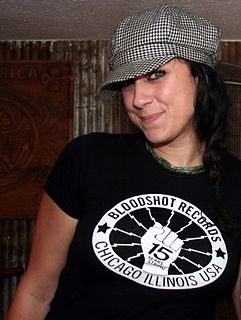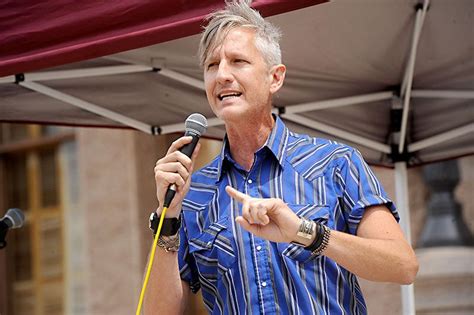A Quote by Charles C. Mann
The way I think of it, economics and ecology occupy two intellectual silos, isolated from each other. Even when they do take each other into consideration, it's not uncommon for ecologists to spout absolute nonsense about economics, and vice versa.
Related Quotes
My Prime Minister regards the economy as our highest priority and forgets that economics and ecology are derived from the same Greek word, oikos, meaning household or domain. Ecology is the study of home, while economics is its management. Ecologists try to define the conditions and principles that enable a species to survive and flourish. Yet in elevating the economy above those principles, we seem to think we are immune to the laws of nature. We have to put the ‘eco’ back into economics.
See, that's the thing about second chances. It's two people that are there for each other and support each other and care about each other no matter how much they want to deny it. It's about one person doing everything they can to make sure the other doesn't fall and vice-versa. Second chances are about holding on to that other persons hand no matter how hard they beg to let go.
Early ecologists soon realised that, since humans are organisms, ecology should include the study of the relationship between humans and the rest of the biosphere. ... We don't often tend to think about the social sciences (history, economics and politics) as subcategories of ecology. But since people are organisms, it is apparent that we must first understand the principles of ecology if we are to make sense of the events in the human world.
I don't believe in marriage. I think at worst it's a hostile political act, a way for small-minded men to keep women in the house and out of the way, wrapped up in the guise of tradition and conservative religious nonsense. At best, it's a happy delusion - these two people who truly love each other and have no idea how truly miserable they're about to make each other. But, but, when two people know that, and they decide with eyes wide open to face each other and get married anyway, then I don't think it's conservative or delusional. I think it's radical and courageous and very romantic.
One of the anomalies of modern ecology is the creation of two groups, each of which seems barely aware of the existence of the other. The one studies the human community, almost as if it were a separate entity, and calls its findings sociology, economics and history. The other studies the plant and animal community and comfortably relegates the hodge-podge of politics to the liberal arts. The inevitable fusion of these two lines of thought will, perhaps, constitute the outstanding advance of this century.
Friends never cheat on each other, or take advantage, or lie. Friends do not spy on one another, yet they have no secrets. Friends glory in each other's successes and are downcast by the failures. Friends minister to each other, nurse each other. Friends give to each other, worry about each other, stand always ready to help. Perfect friendship is rarely achieved, but at its height it is an ecstasy.
The intellect searches out the Absolute order of things as they stand in the mind of God, and without the colors of affection. The intellectual and the active powers seem to succeed each other, and the exclusive activity of the one generates the exclusive activity of the other. There is something unfriendly in each to the other, but they are like the alternate periods of feeding and working in animals; each prepares and will be followed by the other.
We need each other to do things that we can't do for ourselves. If we are intimately connected with each other, we just give things to each other; if we don't know each other we find another way to handle it. If you think about it, each according to his or her abilities and each according to his or her needs is sort of the same thing as supply and demand.
The realizations of anarchist ideas and practices are like sociopolitical ecosystems. Local versions resemble each other, but they are endlessly adaptive and everywhere different to meet their needs in their environments. Anarchism can be adapted to meet the culture, economics, ecology, and politics of various people or communities. That's the beauty of it.

































